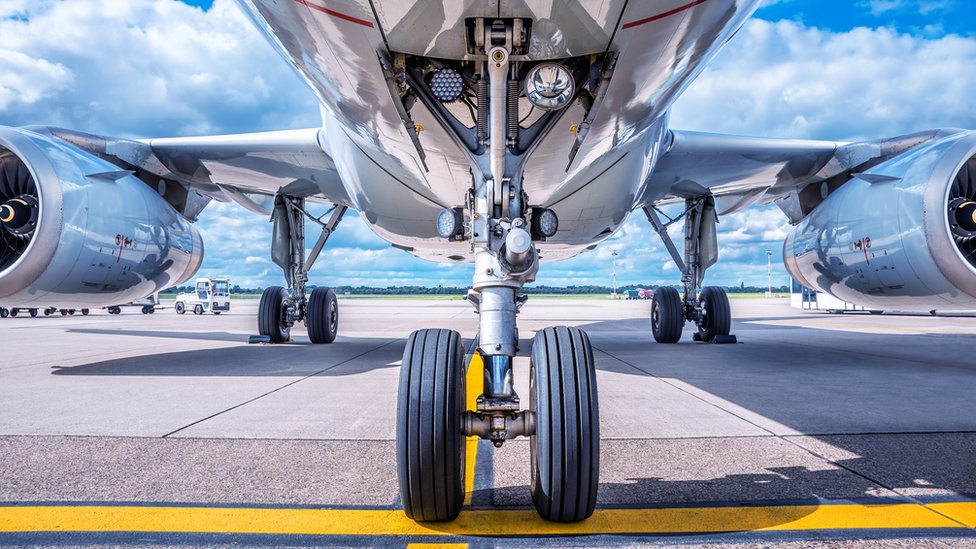Yesterday’s discovery of a deceased stowaway in the wheel well of a KLM Royal Dutch Airlines Boeing 777 (registered PH-BQM) has put up several questions about how and when the man was able to climb into the aircraft, which originated from Lagos, Nigeria over the weekend.
Africa Today News, New York can confirm that an investigation has however been launched to determine the circumstances surrounding the incident.
According to a spokesperson from the Royal Dutch Marechaussee, stowaways in wheel wells of aircraft face extreme temperatures that can drop to as low as minus fifty degrees during longer flights. This makes survival virtually impossible, and hypothermia is likely to be a contributing factor in this case.
He said, ‘Sometimes they survive, but most of the time it goes wrong given the sharp drop in temperature. On longer flights, temperatures can go down to minus fifty degrees, impossible to survive.’
Read Also: Building Collapse: Lagos Suspends Devt In Banana Island
Africa Today News, New York reports that despite the risks, some stowaways still attempt to use this method to travel without proper documentation or authorisation, often seeking a better life or escaping difficult situations in their home countries.
The discovery of this deceased stowaway highlights the need for increased security measures and thorough inspections of aircraft before departure to prevent such incidents from occurring. Airlines and aviation authorities regularly review and update their security protocols to ensure the safety and security of passengers and crew onboard.
Many Nigerians have often been warned to desist from wanting to use desperate means to leave the country.
In another report, One hundred and seven Nigerians stranded in Libya have been repatriated.
The returnees arrived at the cargo wing of the Murtala Muhammed International Airport (MMIA), Lagos, aboard an AlBuraq Air Boeing 737-800 with registration number 5A-DMG, at about 3:45 pm on Tuesday, said the National Emergency Management Agency (NEMA).

